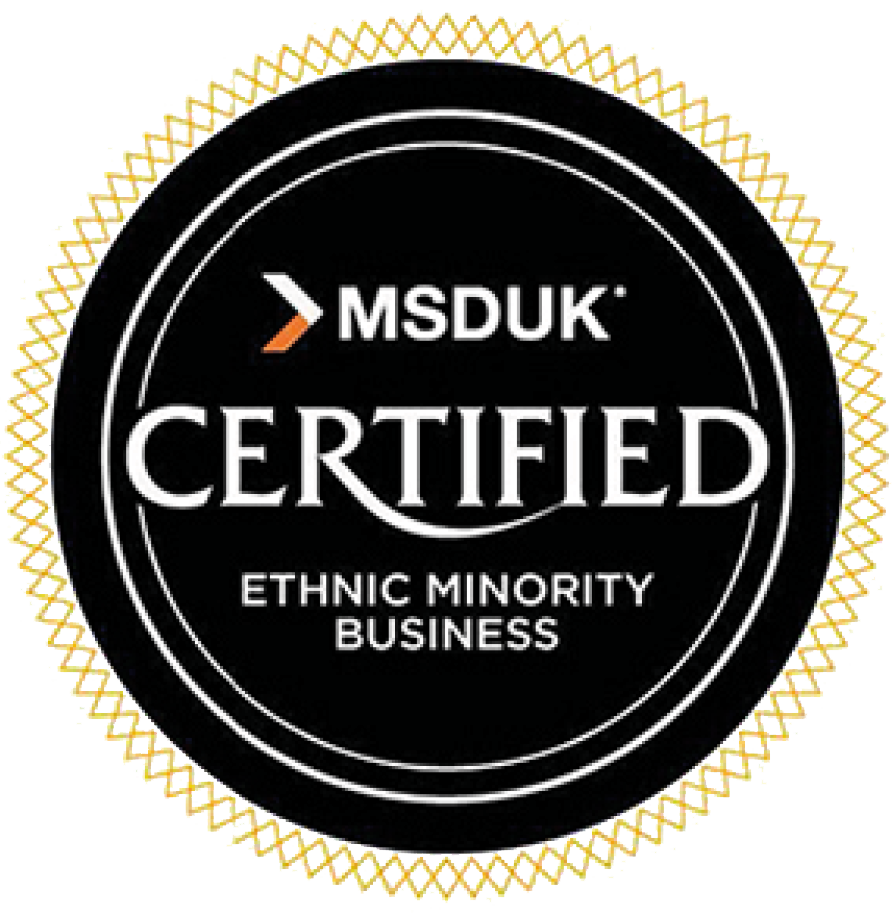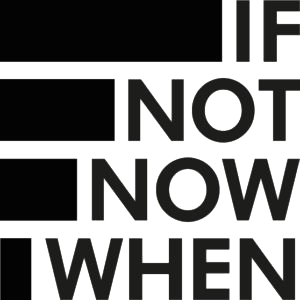Audeliss and INvolve discuss why and how businesses can wade through anti-DEI sentiment and the risks of putting equity and DEI programs on the backbench.
When it comes to business, the term “equity” goes beyond a financial concept. At its core, equity embodies the principles of fairness, justice, and impartiality. In simple terms, equity is about ensuring everyone has an equal opportunity to succeed, irrespective of their background, race, gender, or socioeconomic status.
Equity in business involves creating a level playing field where all employees, have equal opportunities for professional growth and advancement. It is about dismantling barriers that may hinder certain groups from reaching leadership positions. Achieving equity in the workplace requires a commitment to recognizing and rectifying historical disadvantages that diverse groups have faced, whether through the education system, in terms of career progression or broadly across society.
This is where diversity, equity, and inclusion (DEI) programs come in. With recent anti-DEI sentiment growing in the U.S. and increased legal challenges to programs following the Supreme Court’s ruling on affirmative action, it is important to highlight the crucial role that DEI programs play in driving equity within organizations. They acknowledge and address the systemic challenges that have historically impeded the progress of underrepresented groups and purposefully help businesses increase efforts in hiring and increasing access to career development opportunities for diverse talent.
Many of the recent lawsuits are specifically targeting programs that aim to increase diverse hires, with critics arguing that such programs contribute to hiring decisions based solely on race. That is simply not the case. In recruiting, DEI programs and initiatives help organizations become more equitable when it comes to their perception of ‘suitable’ candidates. “We regularly see clients who have a fixed idea of what experience and background they want the ‘right candidate’ to have, which is usually an Ivy League graduate with a decade of senior role experience at a Big 4 Accounting firm, and that greatly reduces their chance of finding diverse candidates,” states Rachel Huggins, Senior Delivery Consultant at Audeliss. This is because, traditionally, diverse individuals haven’t had such a linear start to employment or even progression into Executive or Board positions.
Early life factors that can impede successful career starts can include increased higher dropout rates among 16-24 year olds from lower socio-economic backgrounds and a lack of information, support advice and guidance in schools about universities for students who’s parents may have little to no knowledge of admissions processes for a range of reasons. Crucially, the rising cost of living and educational tuition fees can lead to university students taking term-time jobs. These can all affect a young person’s chances of getting into elite schools and even graduating with, what most businesses deem, a ‘good’ degree. For instance, research from Universities UK reveals an 8.8% gap between white students and Black, Asian, and ethnically diverse students awarded a First or a 2:1 in their degree.
In short, DEI programs and initiatives focused on increasing diverse representation through hiring help companies look beyond the parameters of their ideal candidate by considering lived experiences over just academic and professional achievements, which can result in finding talent who can meet the skill requirements while also bringing something additional to the role. DEI programs help level the playing field, expanding the pool of candidates that would otherwise go unnoticed by hiring managers.
DEI programs are also vital to progression in the workplace due to its focus on equity. High potential diverse talent often get stuck unrecognized within the lower levels of an organization without the opportunities and tailored support to break through and build their careers.
INvolve, offers tailored, relevant and specific talent development programs for high potential diverse talent such as RISE and the Emerging Leaders Program. These are underpinned by the need for equity in business by providing future leaders with the space to develop specific leadership skills, lean into and own the potential that they already have and work to enhance their personal brand and networking skills to further amplify their reach. This is useful for their own career development and crucially helps establish them as thought leaders and experts within their respective fields, which enhances an organization’s reputation too.
Sponsorship is also vital for driving career progression. It is commonly quoted that diverse talent is often ‘over-mentored and under-sponsored’ and while there is room for mentorship, sponsorship needs to be embraced and embedded within organizations to enable diverse employees to succeed. Leaders and managers need to recognize the power that they have in opening doors for others, and if they do realize this power, understand that it is still often unconsciously gifted to those who fit their own image. This affinity or similarity bias, can impede equity and keep the door closed and opportunities scarce for diverse talent who are less likely than their white, straight men counterparts to be sponsored and therefore, advocated for.
Equity is about fairness, impartiality, and providing equal opportunities to all. Achieving workplace equity requires a deliberate effort to address historical disadvantages and systemic biases. DEI programs play a pivotal role in this journey by actively dismantling barriers and fostering a culture of inclusivity. As we navigate the perilous landscape of anti-DEI sentiment, legal challenges, and debunk misconceptions, it’s essential to emphasize that DEI programs are not about compromising on merit but about expanding opportunities and ensuring a more equitable future for all.




